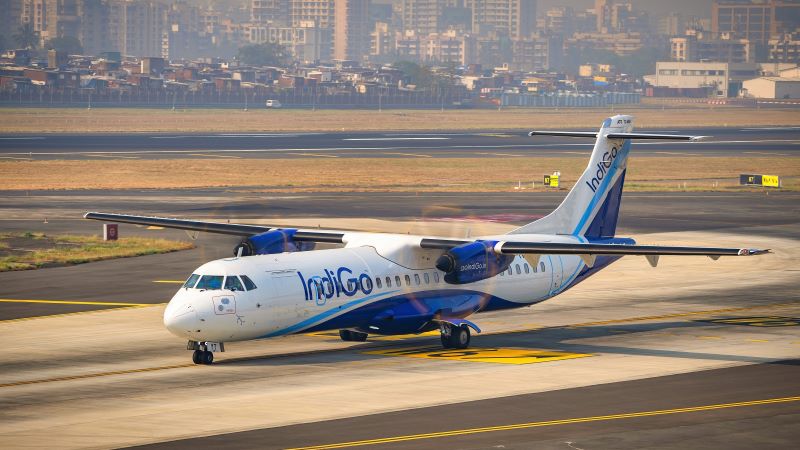In May 2020, the Indian government implemented price bands on domestic airfares, with a view of controlling price increases. The government recently declared that such fee bands will be phased out by the end of August 2022. The abolition of tariff bands may result in increased rivalry among carriers and a price war that could result in lower fares.
Many airlines in India were struggling at the onset of the pandemic and increased the fares on some routes. This led the government to step in and restrict the fluctuation of fares. Now, the removal of fare bands may lead to a price war between airlines as the industry recovers, and they might decrease their prices on busier routes to tackle intense competition amongst themselves. However, they might also increase prices on less populated routes.
The airlines are likely to pander to a price-sensitive consumer
The pandemic has caused consumers to become more concerned about their disposable income, and price sensitivity has increased as the cost-of-living rise started to bite.
According to a GlobalData consumer survey carried out in Q2 2022, 90% of Indian respondents said they are concerned about their financial situation. The airlines must take heed of this; if they do, this may work to their advantage. The airlines are likely to adapt to consumer sentiments by also considering long-term earnings by winning customer confidence. This indicates that airfares could fall following the removal of government regulation over fare bands.
Because airlines in India face tremendous competition, they may lower costs on popular flight routes while raising prices on less populated routes to try to balance the difference. The airlines will have to make a difficult decision about how much higher they can go on less crowded routes. According to GlobalData’s Q3 2021 poll, 56% of Indians consider affordability when deciding where to go on vacation. This demonstrates that if costs decline, passenger numbers are likely to increase and may exceed pre-pandemic levels of passenger flows sooner than projected. If airlines are effective in comprehending and deciding their own fare range, then it is expected for the prices to fall down after the government phases out its regulations.
Pride drop may not favour both parties
The airlines must increase the passenger capacity and decrease airfares to recover from the pandemic’s effect on the tourism industry. If the prices fall, the number of passengers will likely increase. While the price drop will be in favour of the passenger, several of the economically weaker airlines are already battling to keep their doors open. Low-cost carriers like SpiceJet and Indigo operate a business model that relies on a high load factor and price increases can create a risk to this model. In short, overly aggressive pricing could do more harm than good. The hope is that affordable prices will help keep load factors high, although there is a tipping point here too, and the airlines must be very careful with being too cavalier in the event of a price war.

US Tariffs are shifting - will you react or anticipate?
Don’t let policy changes catch you off guard. Stay proactive with real-time data and expert analysis.
By GlobalData





